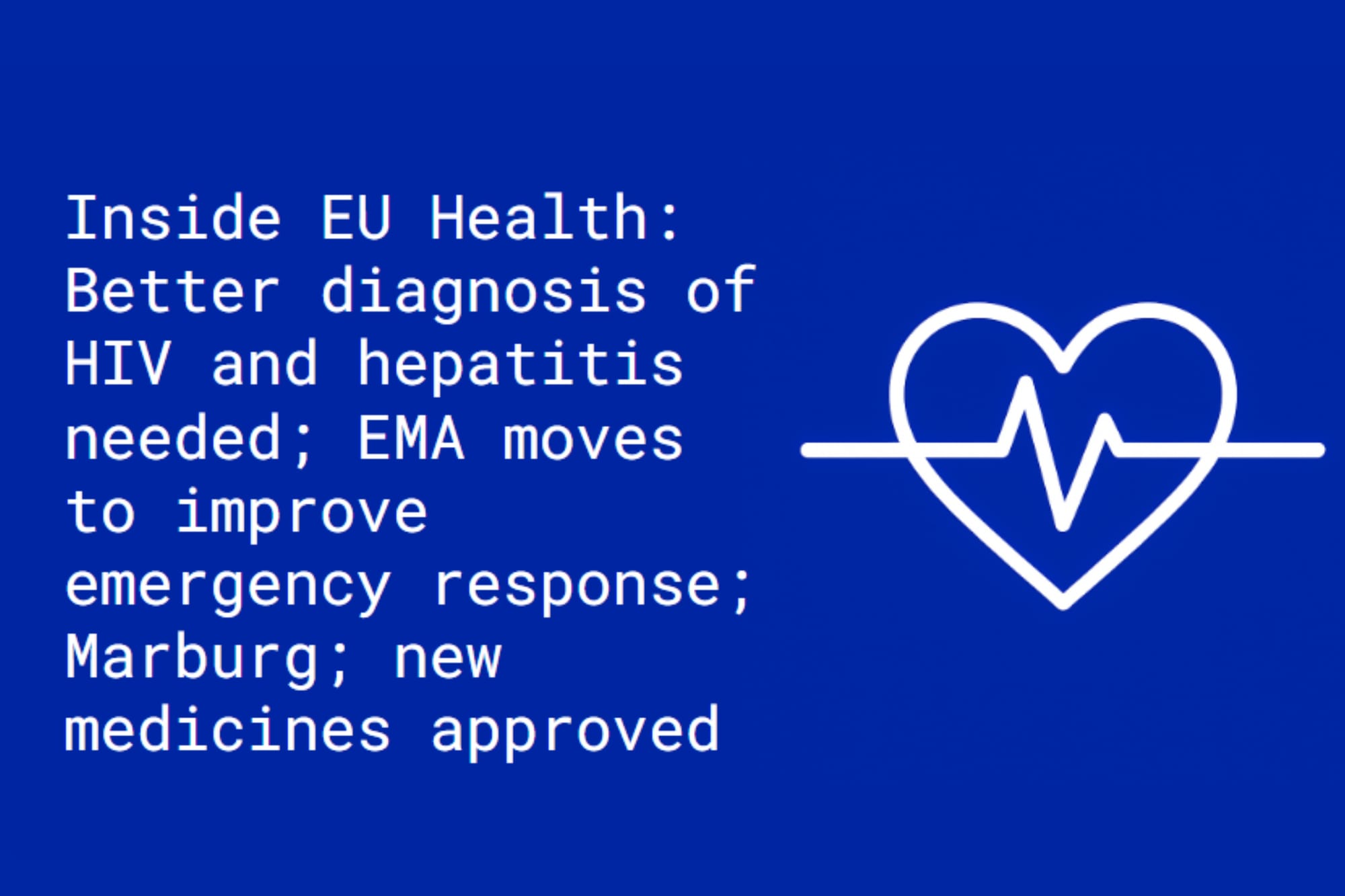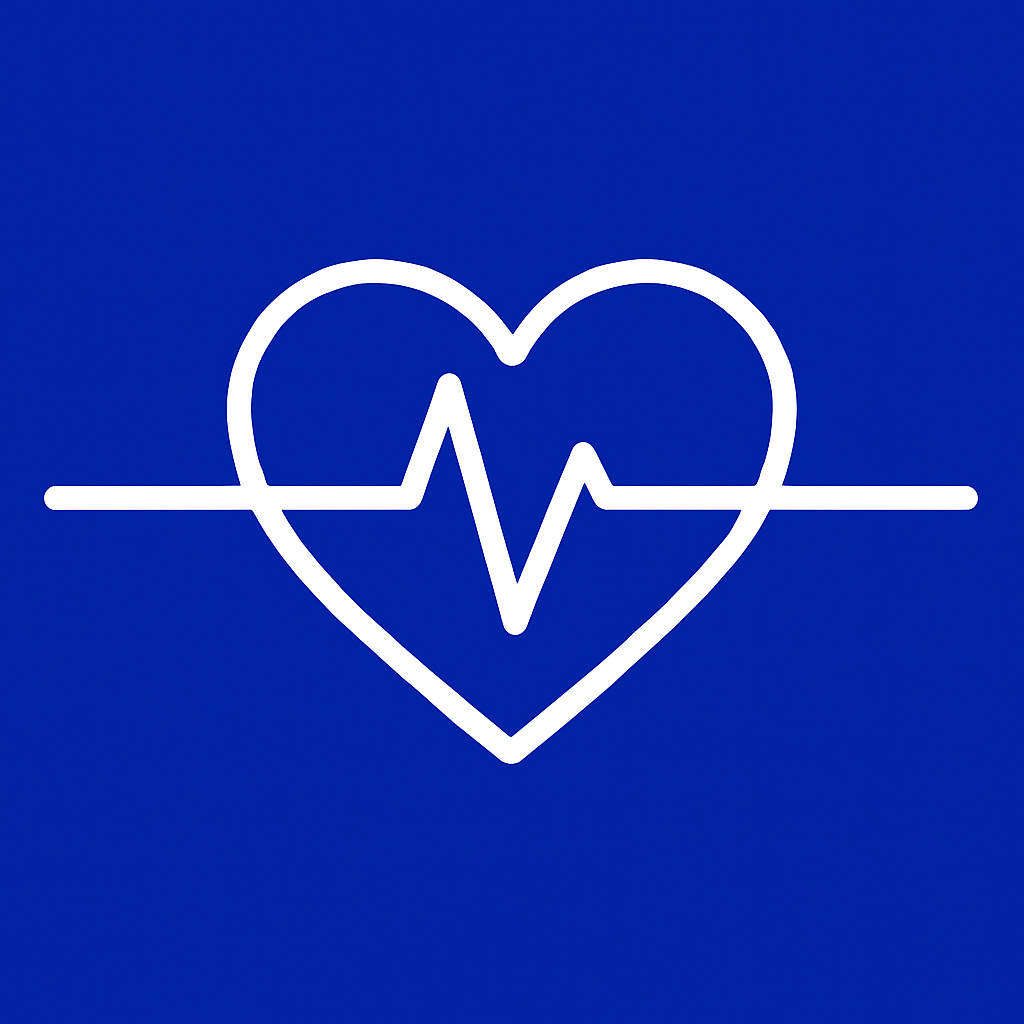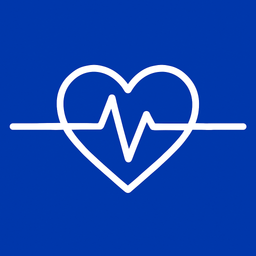Inside EU Health: Better diagnosis of HIV and hepatitis needed; EMA moves to improve emergency response; Marburg; new medicines approved
ECDC points to failings in EU/EEA diagnosis of HIV and hepatitis; EMA moves to improve emergency response; Ethiopia had first outbreak of Marburg; EMA approve two first-in-class medicines

EU is missing out on the benefits of early HIV and hepatitis diagnosis
A new ECDC monitoring report shows that many EU/EEA countries are still not achieving the full benefits of early diagnosis for HIV, hepatitis B and hepatitis C.
In the latest monitoring report on HIV, hepatitis B (HBV) and hepatitis C (HCV) the ECDC reported that 27 countries have national HIV-testing policies. In contrast, 22 have recommendations on hepatitis B and C, only 17 have the ECDC’s preferred option of integrated testing for all three and sexually transmitted diseases.

EMA’s new approach to speed up approval during emergencies
EMA’s Emergency Task Force (ETF) is improving its approach to scientific advice for medicines under development during public health threats. The new process means developers can apply for combined scientific advice from EMA, as well as clinical trial and ethics experts at national level, saving time. Since March of this year antimicrobial resistance has been added to the medicines falling within ETF’s scope.
“The new system enables input on science and ethics at the same time, with the overall aim of speeding up medicines development and approval,” said ETF co-chair and Head of EMA’s Department of Public Health Threats, Marco Cavaleri.
Ethiopia’s first outbreak of Marburg disease
On Friday (14 November), Ethiopia’s Ministry of Health confirmed an outbreak of Marburg virus disease in southern Ethiopia. So far, three people have died, and there are 17 suspected cases. Marburg belongs to the same virus family as Ebola (Filoviridae) but there is no vaccine. Like Ebola it causes a haemorrhagic fever and has a very high fatality rate.
According to the WHO, there are several promising candidate medical countermeasures currently undergoing clinical trials for the disease. In the absence of approved treatments, the symptoms can be treated. WHO has deployed a team to support Ethiopian health authorities.
Ten new medicines recommended for approval
Ten new medicines, two of which are first-in-class, were recommended for authorization at the monthly meeting of the European Medicines Agency's Committee for Medicinal Products for Human Use (CHMP).
Waskyra: Is the first gene therapy to treat the rare disease Wiskott-Aldrich syndrome, significantly reducing symptoms of the life-threatening immunodeficiency disease. It's for patients for whom a cell transplant is appropriate, but for whom no suitable stem cell donor can be found. It is one of a small number of pilot projects supporting non-commercial developers with promising advanced therapy medicinal products (ATMP).
Teizeild: Another first-in-class medicine is Teizeild (teplizumab), made by Sanofi. The medicines received support from the PRIority MEdicines (PRIME) scheme, which provides enhanced scientific and regulatory support to medicines that have a particular potential to address unmet medical needs. Teizeild delays the onset of stage 3 type 1 diabetes in adults and in children from 8 years of age.

